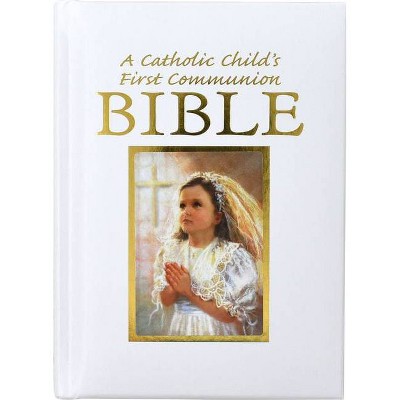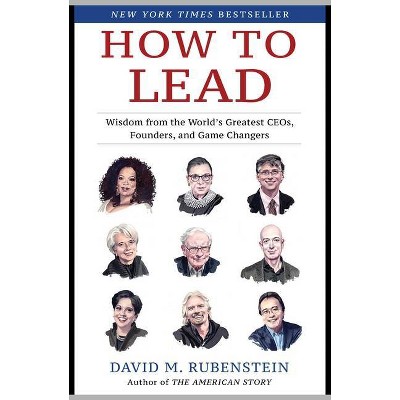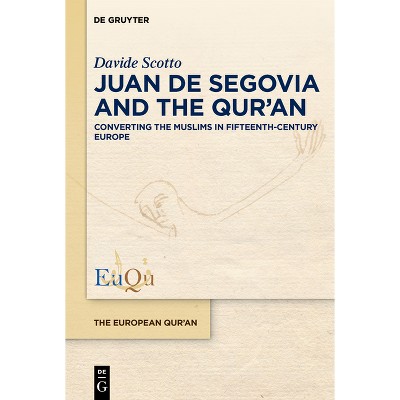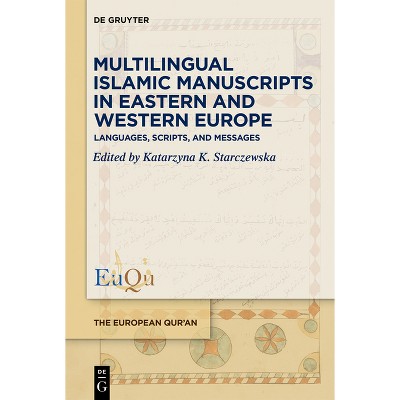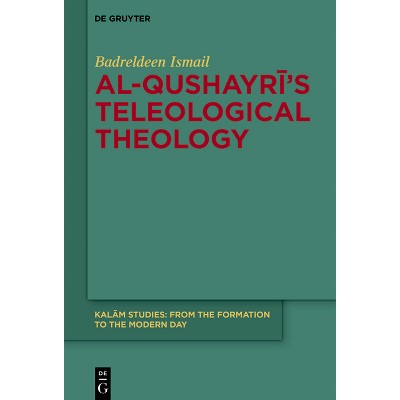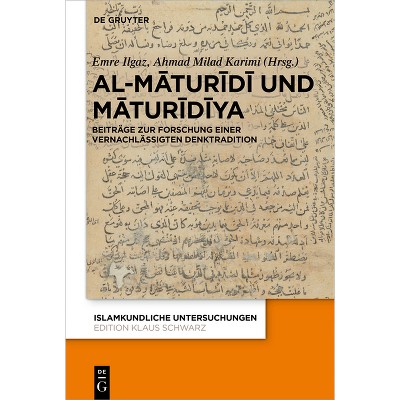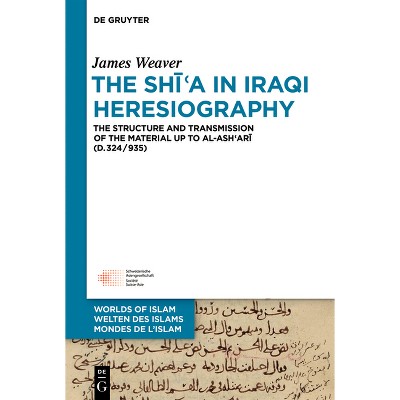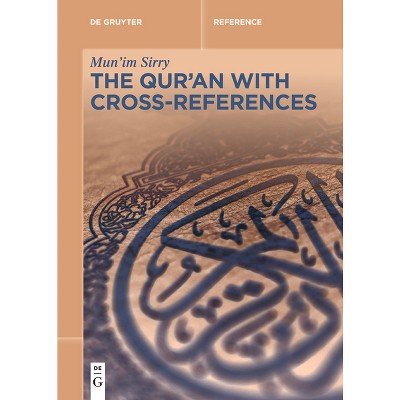Sponsored

Christians and Tafsīr - (European Qur'an) by Ulisse Cecini (Hardcover)
Pre-order
Sponsored
About this item
Highlights
- Most of the scholarly research about the Christian textual production engaging with Islam in medieval and early modern times concentrates on the role of the Qur'anic text in such works.
- About the Author: Ulisse Cecini, Universitat Autònoma de Barcelona, Bellaterra (Barcelona), Spain.
- 400 Pages
- Religion + Beliefs, Islam
- Series Name: European Qur'an
Description
About the Book
The European Qur'an. Islamic Scripture in European Culture and Religion 1150-1850 is a peer-reviewed book series with the EuQu project results. The volumes analyze the important role that the Qur'an has played in the formation of medieval and early modern European religious diversity and identity, deeply imbedded in the political and religious thought of Europe and part of the intellectual repertoire.Book Synopsis
Most of the scholarly research about the Christian textual production engaging with Islam in medieval and early modern times concentrates on the role of the Qur'anic text in such works. The role of Tafsīr (Qur'an commentary) in those texts has not been directly and systematically object of research. This book reunites contributions by international specialists that look for the presence of Tafsīr in texts by authors that go from Syrian and Coptic Christians from the 8th and 11th centuries (like John of Damascus and Būluṣ ibn Rajāʾ) to Latin scholars on the Iberian Peninsula in the high Middle Ages (Robert of Ketton, Ramon Martí) and at the Renaissance court of the Duke of Urbino (Flavius Mithridates), finally dealing with the use of Tafsīr by early-modern intellectuals in eastern and western Europe in their efforts in the fields of philology, interreligious polemics, linguistics and historical studies (with contributions, among others, on the Lead Books of Granada, Abraham Wheelock, Germanus de Silesia, Ludovico Marracci and Dimitrie Cantemir). This shows the relevance of Tafsīr in Christian textual production and fills the gap about this fundamental aspect of Christian-Muslim relations.
About the Author
Ulisse Cecini, Universitat Autònoma de Barcelona, Bellaterra (Barcelona), Spain.
Shipping details
Return details
Trending Non-Fiction




